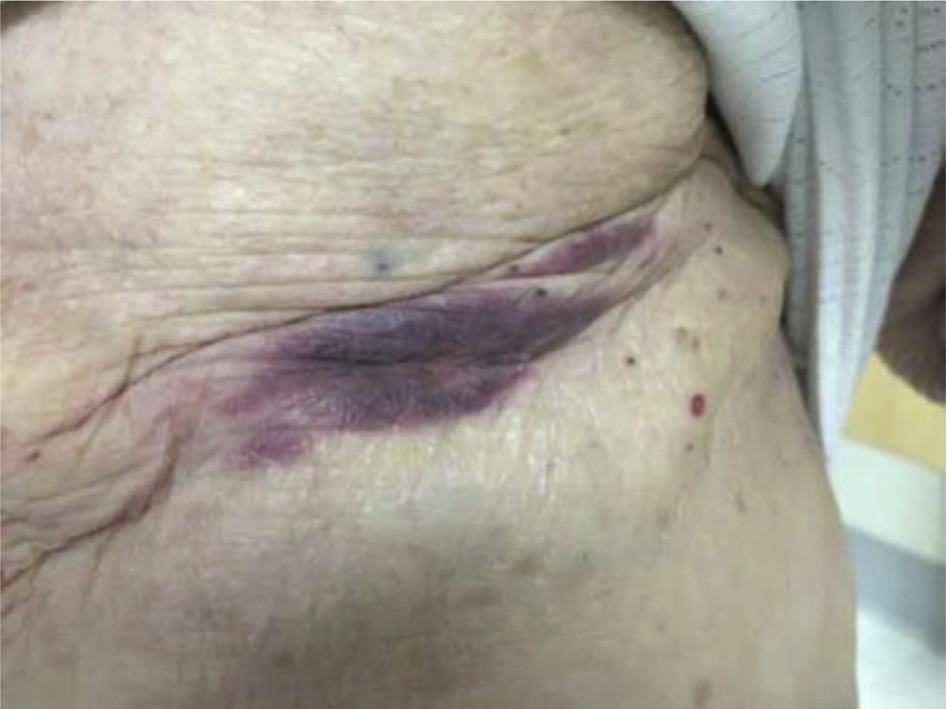
Anti-HER-2 therapy following severe trastuzumab-induced cardiac toxicity


The human epidermal growth factor receptor 2 (HER2) is overexpressed in 25%-30% of breast cancer patients. Anti-HER2 therapies have changed the aggressive course of HER2+ breast cancer. In spite of the therapeutic benefits, their cardiotoxicities are major concerns, especially when used concurrently with anthracyclines.
Here we present an elderly patient with relapsed HER2+ breast cancer. Her presentation for relapsed disease was unusual for the physical finding as well as the history of trastuzumabinduced severe cardiotoxicity while requiring additional anti-HER2 therapy. She received neoadjuvant anti-HER2 treatment for stage III breast caner. Due to severe reduction of cardiac ejection fraction (EF), she only received five doses of adjuvant transtuzumab. Unfortunately her disease relapsed one year later with chest wall lesions and a persistent low EF. We treated the patient with lapatinib combined with capecitabine which resulted rapid resolution of her chest wall lesion. More importantly, the patient had one year of disease control without deterioration in her ejection fraction. We discussed the management of recurrent HER2+ breast cancer with chest wall disease and the choice of anti-HER2 therapy in patients with a history of transtuzumab-induced cardiac dysfunction.
